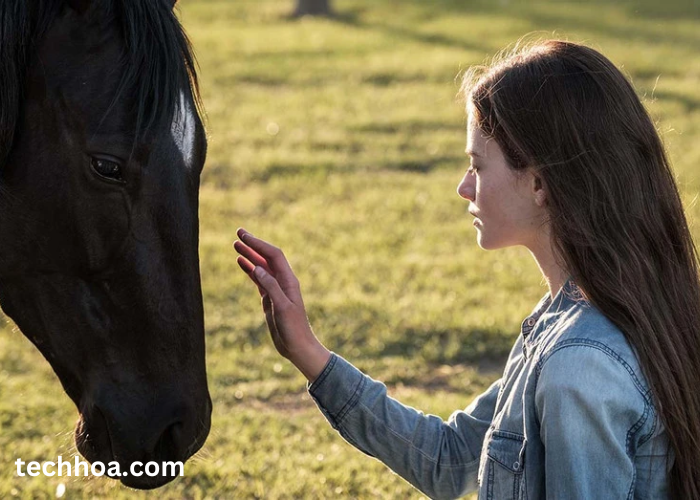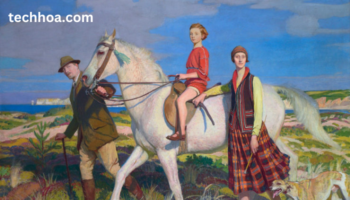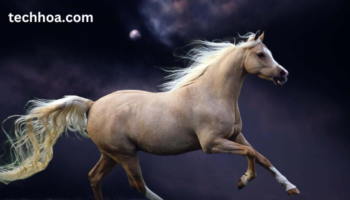Horses have been companions to humans for thousands of years, playing a pivotal role in shaping civilizations and cultures. Their elegance, strength, and versatility have earned them a special place in our hearts and histories. This article delves into the fascinating history of horses, explores the diversity of breeds, and highlights their significant roles in human culture. Discover the latest horse racing tips and predictions on France Cheval Turf. Get expert insights and analysis to help you make informed bets.
A Historical Perspective
The history of horses begins around 55 million years ago with their ancient ancestors, small multi-toed animals known as Eohippus. Over millions of years, these creatures evolved into the single-toed, large animals we recognize today. The domestication of horses is believed to have occurred around 4,000-3,500 BCE in the steppes of Central Asia. This event marked a significant turning point in human history, transforming societies and enabling the rise of powerful empires.
Horses were essential in ancient warfare, transportation, agriculture, and trade. The Hittites, Egyptians, Greeks, and Romans all relied heavily on horses for chariots and cavalry, which were critical to their military successes. In medieval Europe, the horse became synonymous with knighthood and chivalry, symbolizing honor and bravery.
Diversity of Breeds
The extensive variety of horse breeds is a testament to their adaptability and the diverse roles they have played across different cultures and environments. Here are a few notable breeds:
- Arabian Horse: Known for their endurance, speed, and beauty, Arabian horses have a distinctive head shape and high tail carriage. They are one of the oldest horse breeds, with a history dating back over 4,500 years.
- Thoroughbred: Bred primarily for racing, Thoroughbreds are renowned for their agility and speed. Originating in England, this breed has become synonymous with horse racing worldwide.
- Clydesdale: Originating in Scotland, Clydesdales are a breed of draft horse known for their strength and large stature. They are often used for heavy farm work and in parades, notably by the Budweiser Clydesdales.
- Quarter Horse: This American breed excels in short-distance sprinting and is highly versatile, making it popular for ranch work, rodeo events, and as a family horse.
- Mustang: Wild and free-roaming, Mustangs are a symbol of the American West. Descendants of Spanish horses brought to the Americas, they are known for their hardiness and spirit.
Roles in Human Culture
Horses have not only been work animals but also cultural icons. Their roles span practical uses, sport, art, and even therapy.
- Work and Transportation: Before the advent of mechanized transport, horses were indispensable for travel and agriculture. They pulled plows, carts, and carriages, facilitating trade and expansion.
- Sport and Recreation: Horse racing, polo, show jumping, dressage, and rodeo are just a few sports that revolve around horses. These activities highlight the skill and harmony between horse and rider.
- Art and Literature: Horses have been immortalized in countless works of art and literature. From the cave paintings of Lascaux to the novels of Anna Sewell’s “Black Beauty”, they have inspired creativity and storytelling throughout history.
- Therapy and Companionship: Equine therapy has gained recognition for its effectiveness in helping individuals with physical, emotional, and mental challenges. The gentle nature of horses and their responsiveness to human emotions make them excellent companions in therapeutic settings.
- Cultural Symbols: Horses often symbolize freedom, power, and grace. In many cultures, they are revered and featured prominently in mythology, such as the winged Pegasus in Greek mythology or the Eight Horses of Mu Wang in Chinese legend.
Conclusion
The majestic world of horses is vast and rich, spanning across history, breeds, and cultural significance. Their enduring presence and impact on human civilization are undeniable. As we continue to celebrate and understand these magnificent animals, it is clear that the bond between humans and horses will remain strong for generations to come.






